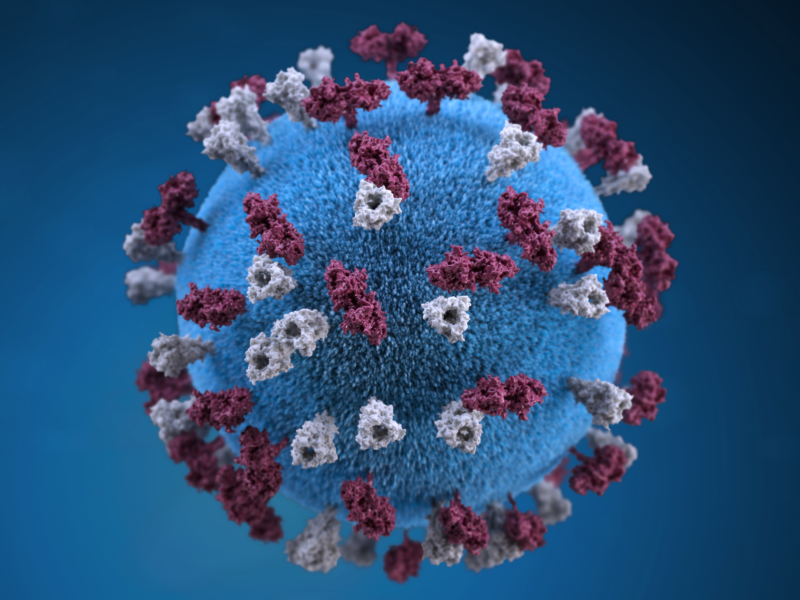In Venezuela, there have been reports of over 5,000 suspected cases of the Zika virus [1, 2] – a virus with potential links to severe birth defects in thousands of newborns in Brazil, and potentially related to the autoimmune disease, Guillain-Barre syndrome [3, 4].
Independent experts believe that the actual number of Zika cases in Venezuela is significantly underestimated. Using mathematical modeling and official government data, Julio Castro, a professor of tropical epidemiology at the Central University of Venezuela, has estimated that roughly 400,000 people may have been infected with the Zika virus in Venezuela [5, 6]. Scientists from the Independent Network to Defend National Epidemiology (NDNE) have arrived at numbers similar to Castro’s estimations [5]. If these numbers are correct, Venezuela could have a higher per-capita rate of Zika infection than Brazil. Furthermore, the mosquito responsible for carrying the Zika virus – Aedes aegypti – is present in approximately 20 percent of Venezuelan homes, compared to only five percent of homes in Brazil.[6]. With more mosquitoes available to spread, it is very likely that Zika could be more prevalent in Venezuela than in Brazil [7].
Recently, Venezuelan President Nicolas Maduro was accused of failing to acknowledge the true extent of tropical disease burden in Venezuela, such as dengue, malaria, and Chikungunya [8]. Huniades Urbina-Medina, the president of the Venezuelan Pediatric Society, has even cited that the Venezuelan government has suspended publication of the weekly health reports demonstrating a reluctance to fully address the current number of cases of infectious diseases in the country [6, 9]. Without reliable and transparent information on the number of Zika cases, Urbina-Medina fears that Venezuela could be on the verge of an even more severe wave of birth defects than those witnessed in Brazil, if the link between Zika and microcephaly is true. The first wave of babies born to mothers potentially exposed to Zika is expected to begin in March and April of this year [6].
According to the World Health Organization (WHO), the rapidly emerging Zika virus is estimated to affect as many as four million people throughout the Americas this year, including people in the United States and Mexico [10]. As Venezuela is in the midst of a severe economic crisis, the government has cut water supplies by up to 29% [11]. As a result, residents in slums across the country have been forced to store water in their homes, which has led to an increase in standing water, a favored habitat of mosquitoes that enables breeding. This risks perpetuating Zika’s spread. Coupled with the ongoing economic crisis, lack of infrastructure, political turmoil, and shortages of basic supplies including medical necessities, Urbina-Medina reported that Venezuela is “exposed like no other country in Latin America for this to be a pandemic” [2].
—
Sources
1. France-Presse, A., Venezuela reprts 4,700 suspected Zika cases, in Global Post. 2016.
2. Ulmer, A., Pregnant women in scarcity-hit Venezuela battle to dodge Zika, in Reuters. 2016.
3. Ellis, F., Ahead of Print: Epidemiologists Are Tracking Possible Links Between Zika Virus and Guillain–Barré Syndrome. Neurology Today, 2016.
4. Jr, D.G.M., Hawaii Baby With Brain Damage Is First U.S. Case Tied to Zika Virus, in New York Times. 2016.
5. Romero, S., Reports of Zika-Linked Birth Defect Rise in Brazil, in New York Times. 2016.
6. Tegel, S., There's a chance Venezuela's Zika outbreak is worse than Brazil's, in Global Post. 2016.
7. Hayes, E.B., et al., Epidemiology and transmission dynamics of West Nile virus disease. Emerging infectious diseases, 2005. 11(8).
8. Venezuela in grip of severe tropical disease outbreak, in Yahoo News. 2014.
9. Yanes, M., What happened to the National Epidemiological Bulletin?, in El Nacional. 2015.
10. Taversnise, S., Zika Virus ‘Spreading Explosively’ in Americas, W.H.O. Says, in New York Times. 2016: New York Times.
11. Lagorio, J.J., Venezuela cuts water supply in Maracaibo as crisis bites, in BN americas. 2014.

